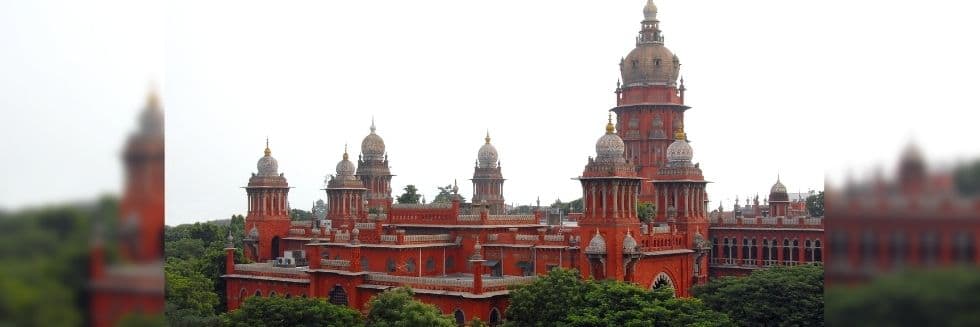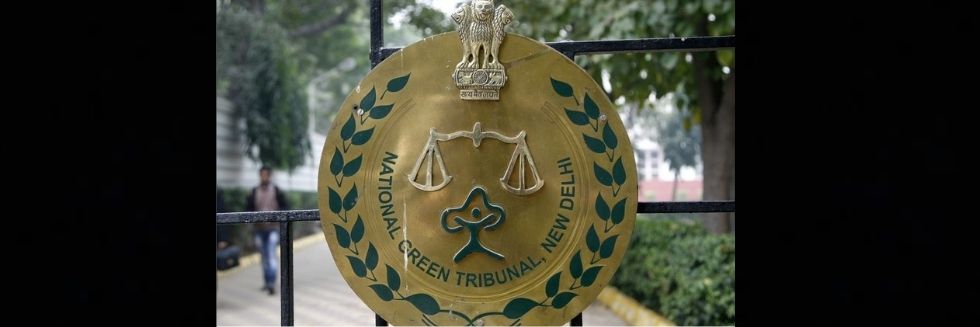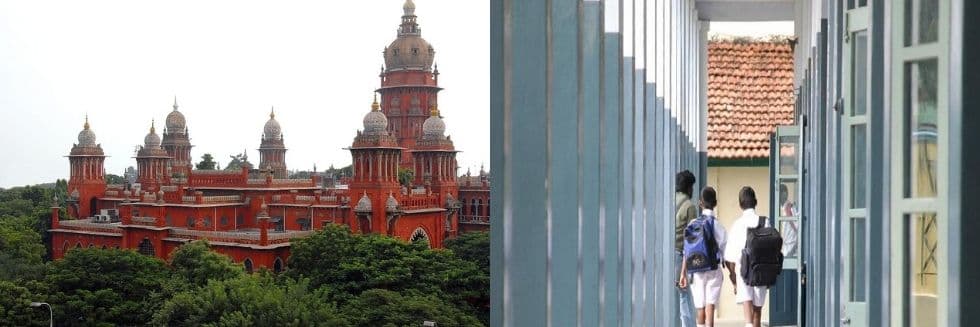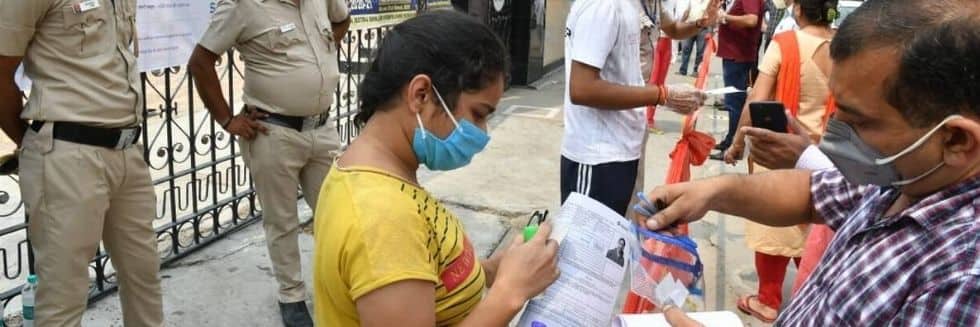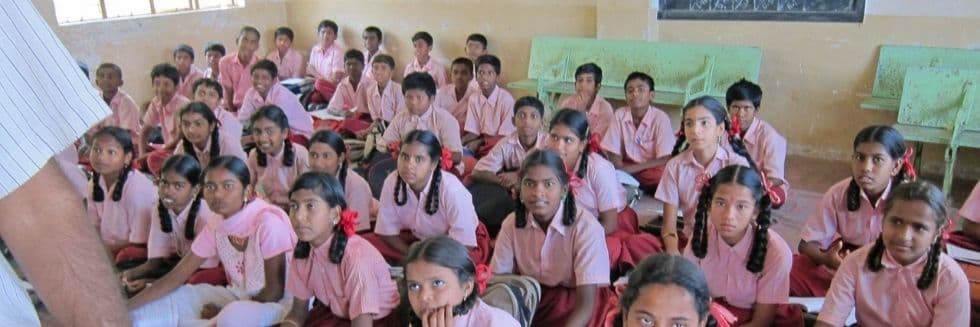Delhi High Court has refused to grant interim relief over a batch of petitions challenging the 5-year moratorium imposed by the Pharmacy Council of India on setting up new pharmacy institutions.
The petitions sought permission for setting up the new institutions imparting Pharmacy education for the admissions in the academic year 2020-2021.
Single judge bench of Justice Prateek Jalan stated that the court is not inclined to provide any interim relief at this stage and has adjourned the matter to January 25. The 5-year moratorium was imposed by the Pharmacy Council of India with the rationale that the supply of graduating pharmacists is much higher than the demand and is not applicable to government institutions.
Senior counsel Sanjay Sharawat, the counsel appearing for petitioners stated, “No study was conducted before taking such a decision and that even despite the moratorium the admitted seat intake for 2019-20 was 34,800. They merely state that the current pharmacist to population ratio in India is 1.61 per 1000, whereas the global average is .6 per 1000 and in developed countries, it’s 1 per 1000.”
Advocate Sharawat argued that there is nothing wrong in exceeding the average global ratio and so this mere fact cannot be a rationale behind the moratorium.
The petitioners also contended that despite the varying populations, there was no logic in fixing the maximum number of pharmacy education imparting institutions in any state as 50. It was also argued that no rationale had been provided for the distinction between private and government pharmacy institutions qua the moratorium.
They also pointed out that if the objective was indeed as claimed by the Pharmacy Council of India, then permitting government institutions opposes the objective. The petition also highlighted that the moratorium doesn’t apply to the existing institutions applying for an increase in admissions intake and for additional courses and this was also illegal, irrational, and contrary to the objective that is to be achieved by the moratorium policy.
The petitioners have also contended that the impugned circulars fail the test of overbreadth and had the effect of casting a wide net as it was overinclusive to the extent that it imposed a moratorium for 5 years even in States in which the pharmacist to population ratio was not adequate.
The petition also referred to the Pharmacy Act, 1948 and submitted that the regulations under the Act doesn’t vest any power to the Council to prohibit institutions from submitting applications for seeking approval for the concerned courses.

